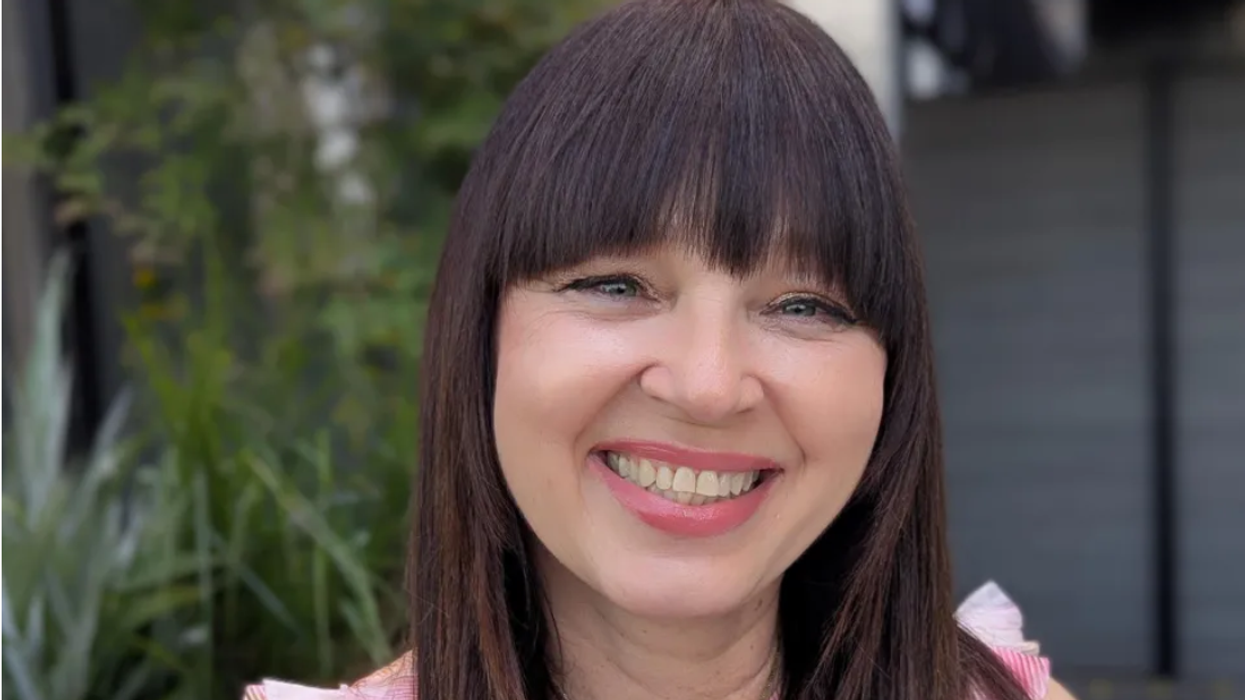A woman from west London has become the first person in the UK to undergo a new form of breast reconstruction surgery using a keyhole technique, developed to aid quicker recovery and reduce complications following a mastectomy.
Tanya Tanna, 56, from South Ruislip, had the minimally invasive operation after her breast cancer diagnosis and subsequent mastectomy. The surgery was performed by a team of London-based surgeons and has been described as a significant breakthrough in cancer treatment.
The procedure is a modified version of the DIEP flap (deep inferior epigastric perforator) surgery, which is commonly used for breast reconstruction. It involves removing tissue, including a blood vessel, from the patient’s abdomen and using it to reconstruct the breast.
In standard DIEP flap operations, a large incision of around 10 to 12 centimetres is made in the abdominal wall. However, the new keyhole technique requires an incision of only 2 to 3 centimetres. According to the surgical team, this not only reduces trauma to the abdominal wall but also significantly lowers the risk of complications such as hernias and shortens the recovery time.
Ms Tanna described the experience as unexpectedly positive. “After this complex surgery, lasting eight hours, I was expecting a large amount of pain,” she said. “But I felt no pain, and the day afterwards I was up and about walking. The nurses were looking at me as if it was a miracle.”
The keyhole procedure was developed and carried out by Mr Dariush Nikkhah, a consultant plastic surgeon at the Royal Free Hospital, and Mr Alistair Slesser, a consultant colorectal surgeon at Hillingdon Hospital. The technique adapts a method being trialled in a small number of centres internationally, but has now been successfully introduced in the UK.
Mr Nikkhah said, “The Royal Free Hospital is now one of the few centres in the world which can offer this type of surgery. It is more challenging to perform, but it improves patient recovery. Instead of the usual four to seven-day hospital stay, patients undergoing this keyhole surgery may only need to remain in hospital for one to two days.”
Mr Slesser added, “This is a massive breakthrough in cancer surgery. We are continuing to refine the process and aim to develop a robotic-assisted version of the procedure.”
The robotic version would involve the surgeon operating instruments remotely via robotic arms, offering increased control and magnification during surgery. This, the team believes, could improve precision and reduce surgical risk even further.
Ms Tanna had her mastectomy in 2020, but her reconstructive surgery was delayed due to the COVID-19 pandemic and NHS backlogs. Mr Nikkhah later proposed the new keyhole option, and Ms Tanna agreed to become the first UK patient to undergo it.
“When I heard that I would be the first patient in the UK to have this procedure I was a bit nervous, but also excited,” she said. “The team promised to make me feel whole again, and that’s what they did.”





